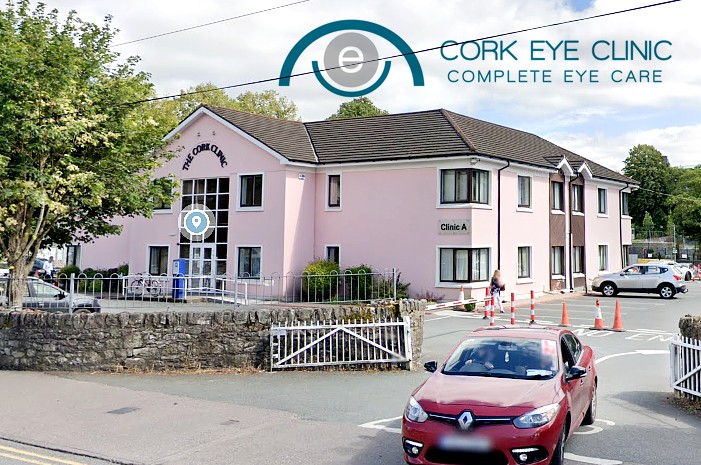New Study Shows Impact Of Vegetarian Diet On Cataract Formation.

In ground breaking study, researchers at the University of Oxford compared the relative risk for cataract development in vegetarians and vegans against those who eat meat on a regular basis.
The study was performed on 27,670 individuals over the age of 40. Participants were asked to full out dietary surveys over the course of years between 1993-1999 and were examined for cataracts 2008-2009. Of the total population of the study 1,500 had developed cataracts.
Researchers then divided the population into the following categories based on their diet profiles. Falling into three groups based on meat, fish only and vegetarian preferences, the categories were:-
High meat consumption (3.5 ounces or more per day); mid-range meat consumption (1.70-3.4 ounces per day); low meat consumption (less than 1.7 ounces per day); fish eaters (fish only diet, otherwise no meat consumption); vegetarians (those who did not each meat or fish but did eat dairy productions and/or eggs; and vegans (those who did not eat meat, fish, dairy products or eggs).
The study revealed that as meat consumption as part of the daily diet decreased, so too did the risk for cataracts.

- Mid-range meat consumption:- 4% decrease
- Low-meat consumption:- 15% decrease
- Fish eaters:- 21% decrease
- Vegetarians:- 30% decrease
- Vegans:- 40% decrease
The gender of those studied did not appear to be a factor in the risk for cataract formation. The age, however, of those at heightened risk was 65 or older.
While this is the first study to track cataract development in relation to meat consumption or a vegetarian diet, other factors are thought to increase the risk of cataract formation. Smoking, diabetes and exposure to bright lights are thought to raise the chances of developing cataracts.
While cataracts are the most common cause of vision loss, cataracts are treatable. Modern topography and laser technologies allow surgeons to make maps of each patient’s unique eye shape allowing incisions to be smaller and more precise. The clouded lens is then emulsified and removed. A new lens is then inserted in its place. Because the procedure is so precise, the trauma to eye is greatly reduced often allowing patients to enjoy 20/20 vision.





